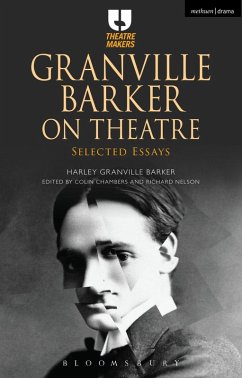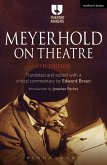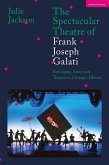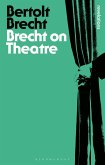Granville Barker on Theatre brings together some of the most important critical theatrical writings of Harley Granville Barker, a major figure of 20th-century British theatre.
Known as a pioneer of the National Theatre and Repertory Movement, and remembered mainly for his Prefaces to Shakespeare, from the 1900s to his death in the 1940s Granville Barker commented enthusiastically in newspaper items, introductions to plays, articles, essays, articles, and published lectures on a range of topics: the nature of theatre as an art form and as a social medium, the need for ensemble playing in a repertory system, the relationship between the three chief constituents of theatre - the actor, the playwright and the audience.
Granville Barker on Theatre makes available again these writings in which Barker dissects the state of theatre as he saw it, with coruscating critiques of the commercial system, the long run and censorship, the vitality of theatre outside Britain, and what he saw as the welcome renaissance of theatre in non-professional groups liberated from the profit motive.
These writings show a master practitioner concerned with, above all, promoting a new type of drama; vital not only for its own sake but for the sake of the health of society at large.
Known as a pioneer of the National Theatre and Repertory Movement, and remembered mainly for his Prefaces to Shakespeare, from the 1900s to his death in the 1940s Granville Barker commented enthusiastically in newspaper items, introductions to plays, articles, essays, articles, and published lectures on a range of topics: the nature of theatre as an art form and as a social medium, the need for ensemble playing in a repertory system, the relationship between the three chief constituents of theatre - the actor, the playwright and the audience.
Granville Barker on Theatre makes available again these writings in which Barker dissects the state of theatre as he saw it, with coruscating critiques of the commercial system, the long run and censorship, the vitality of theatre outside Britain, and what he saw as the welcome renaissance of theatre in non-professional groups liberated from the profit motive.
These writings show a master practitioner concerned with, above all, promoting a new type of drama; vital not only for its own sake but for the sake of the health of society at large.









